Faculty receive 2023-24 WARF Named Professorships, Kellett Fellowships, and Romnes Awards
Thirty-four of the University of Wisconsin–Madison faculty have been awarded fellowships from the Office of the Vice Chancellor for Research and Graduate Education for 2023-24. The awardees span the four divisions on campus: arts and humanities, physical sciences, social sciences and biological sciences.
“These awards recognize our faculty research, academic and outreach successes and provide an opportunity for continued development of their outstanding research programs,” says Steve Ackerman, vice chancellor for research and graduate education. “I’m grateful that we are able to recognize invest in these faculty in this way, and I look forward to seeing the results of their imaginative use of these funds.”
The awards are possible due to the research efforts of UW–Madison faculty and staff. Technology that arises from these efforts is licensed by the Wisconsin Alumni Research Foundation and the income from successful licenses is returned to the OVCRGE, where it’s used to fund research activities and awards throughout the divisions on campus.
WARF Named Professorships
Five faculty have been awarded WARF Named Professorships, which come with $100,000 and honor faculty who have made major contributions to the advancement of knowledge, primarily through their research endeavors, but also as a result of their teaching and service activities. Award recipients choose the names associated with their professorships.
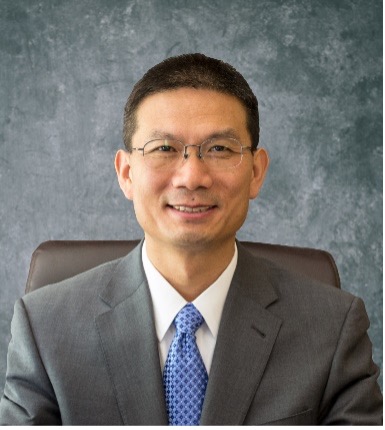
Guang-Gong Chen
Guang-Hong Chen, Charles A. Mistretta Professor of Medical Physics and Radiology, studies a broad range of directions in imaging, including the development of hardware imaging systems, advanced image reconstruction algorithms, and the translation of innovative technologies into clinical practice. His research program has been supported by dozens of NIH grants and company projects totaling over $40 million to date. His passion lies in developing leading-edge medical imaging and treatment methods to achieve precision medicine for use in patient healthcare worldwide.
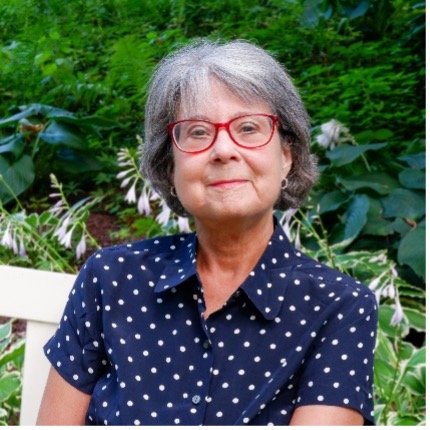
Susan Lederer
Susan Lederer, Ronald L. Numbers Professor of Medical History and Bioethics, is a historian of nineteenth and twentieth century American medicine and public health. She has published on the history of human experimentation, on Frankenstein’s long shadow on innovation in biomedicine, and the social and cultural implications of moving blood and tissue between bodies. President William Clinton appointed her to serve on the federal Advisory Committee on Human Radiation Experiments, and she contributed to the Committee’s lengthy report. She is program co-chair for the 27th International Congress of History of Science and Technology to be held in Dunedin, New Zealand in July 2025.
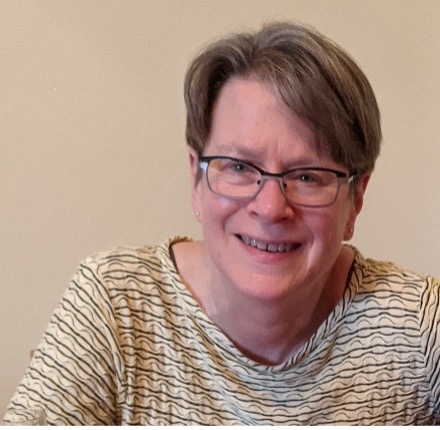
Monica Macaulay
Monica Macaulay, Ada Deer Professor of Language Sciences, specializes in morphology (the study of word structure), with a focus on languages of the Americas. Her research questions examine word formation, word meaning, the characterization of morphological and other categories, and general language documentation and revitalization. She has worked on Mixtec (an Indigenous language of Mexico) and Karuk (from Northern California); since 1998 her research and community focus has been with Menominee, an Algonquian language of Wisconsin, as well as other languages from the same family. She is a Fellow of the Linguistic Society of America and received the society’s inaugural Mentoring Award. She has served as President of the Endangered Language Fund and is a founding member of UW’s Enwejig Indigenous Language Advocates.

Robert D. Nowak
Robert Nowak, Grace Wahba Professor of Data Science, holds the Keith and Jane Morgan Nosbusch Professorship in Electrical and Computer Engineering. Nowak is a Fellow of the Institute of Electrical and Electronics Engineers (IEEE) and a member of the Society for Industrial and Applied Mathematics (SIAM) as well as the Institute of Mathematical Statistics (IMS). His research interests include signal processing, machine learning, optimization, and statistics.
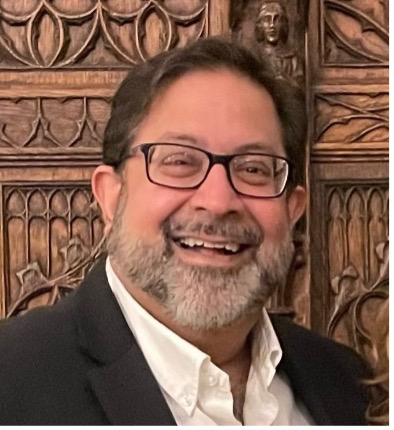
Dhavan V. Shah
Dhavan Shah, Jack M. McLeod Professor of Communication Research, studies the role of information and communication technologies in social judgments, civic engagement and health support. Attention to the intersecting power of language and networks—specifically message framing and social capital—has shaped his research programs: influence of information presentation on social judgments and actions; capacity of communication and connection to shape civic participation and social trust; and role of online support communities in the management of cancer, aging and substance use disorders. Shah is Director of the Mass Communication Research Center, Research Director of the Center for Communication and Civic Renewal, and Scientific Director in the Center for Health Enhancement System Studies.
H.I. Romnes Faculty Fellowships
Seventeen faculty have been honored with the H.I. Romnes Fellowships to recognize faculty with exceptional research contributions within their first six years from promotion to a tenured position. The award is named in recognition of the late WARF trustees president H.I. Romnes and comes with $60,000 that may be spent over five years.
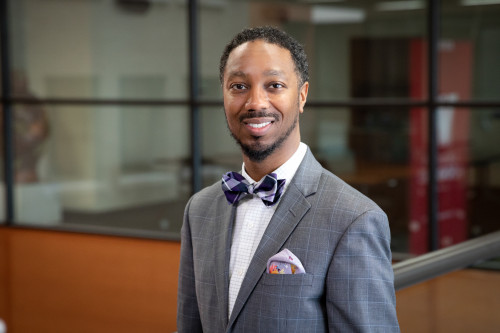
Brian Burt
Brian A. Burt, associate professor in the Department of Educational Leadership and Policy Analysis, also serves as director and chief research scientist for the Wisconsin’s Equity & Inclusion Laboratory (Wei LAB). He has received numerous awards recognizing his excellence in research including the National Academy of Education/Spencer Postdoctoral Fellowship and National Science Foundation Early CAREER Award. Through two strands (team-based research experiences, underrepresented students of color in engineering), Burt studies the experiences of graduate students and institutional policies and practices that influence students’ pathways.
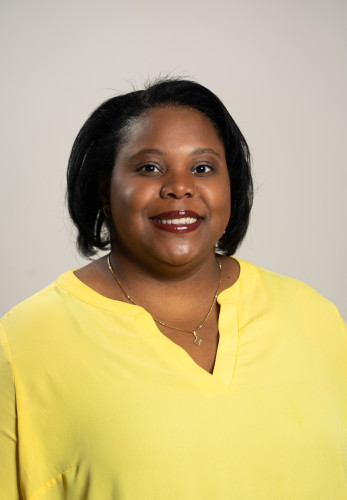
Christy Clark-Pujara
Christy Clark-Pujara, professor of history in the Department of African American Studies, is working on new book project, Black on the Midwestern Frontier: Contested Freedoms in Wisconsin, 1725 – 1868. She has won numerous awards for her introductory lecture courses and advanced seminars that explore the varied experiences of Black people in North America. Clark-Pujara also teaches African American history classes for the public in collaboration with Nehemiah Center for Urban Leadership Development.
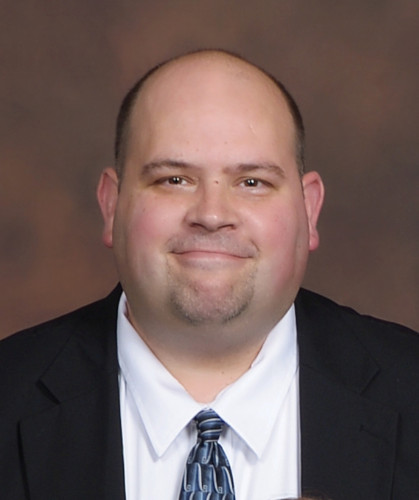
Kevin Eliceiri
Kevin Eliceiri is the RRF Walter H. Helmerich Professor of Medical Physics and Biomedical Engineering, director of the Center for Quantitative Cell Imaging, associate director of the McPherson Eye Research and investigator in the Morgridge Institute for Research. His research includes optical and image informatic approaches for cellular microenvironment studies.
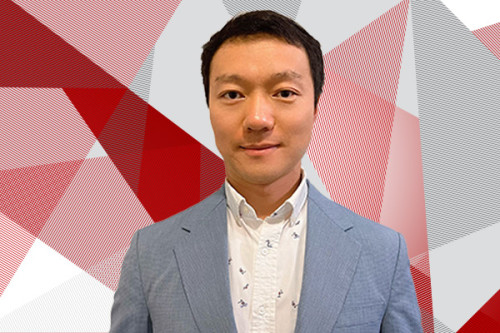
Song Gao
Song Gao is associate professor of geography and director of the Geospatial Data Science Lab. His research focuses on the spatiotemporal modeling of human mobility for addressing social science issues. Gao was among the Global Top 1% Highly Cited Researchers list of 2022 and previously received the UCGIS Early/Mid-Career Research Award and American Association of Geographers SAM Emerging Scholar Award.
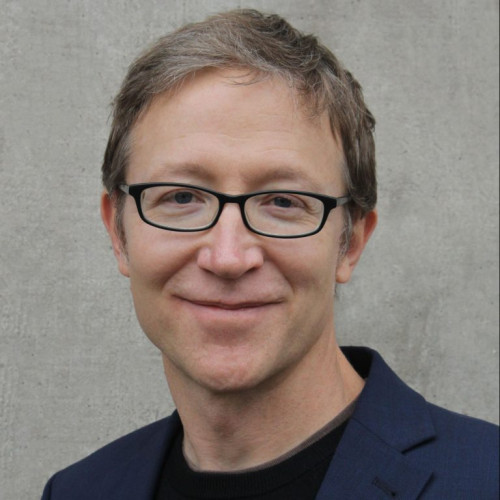
Lucas Graves
Lucas Graves is a professor of journalism and mass communication. He is interested in how facts matter in public life. His research examines changing news practices, organizations, and institutions, with a focus on the on the fact-checking movement in the United States and around the world.
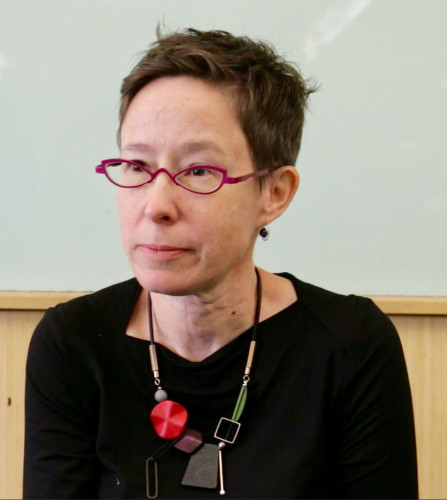
Tyrell Haberkorn
Tyrell Haberkorn, professor of Southeast Asian studies, researches and writes about state violence and dissident cultural politics in Thailand from the end of the absolute monarchy in 1932 until the present. She pairs her scholarship and teaching with translation, programming and public work about human rights through the Justice in Southeast Asia Lab at UW–Madison.
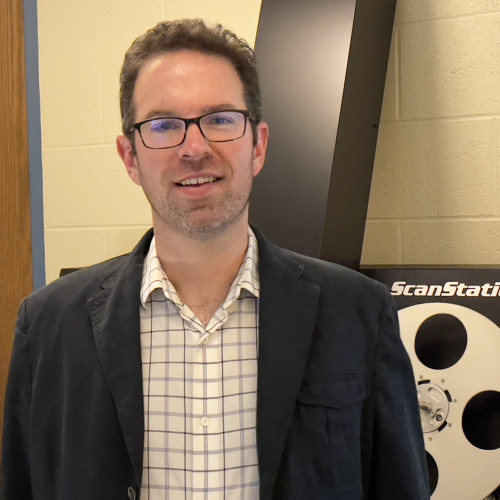
Eric Hoyt
Eric Hoyt is the Kahl Family Professor of Media Production in the Department of Communication Arts. His research focuses on the intersections between media history and the digital humanities. He is director of the Wisconsin Center for Film and Theater Research and Media History Digital Library, which has digitized over 3 million pages of historic books and magazines for open access. He is the author of Hollywood Vault: Film Libraries before Home Video and Ink-Stained Hollywood: The Triumph of American Cinema’s Trade Press, as well as co-editor of The Arclight Guidebook to Media History and the Digital Humanities. His work has been supported with over $1.4 million in extramural grants from the NEH, ACLS, NHPRC and IMLS.
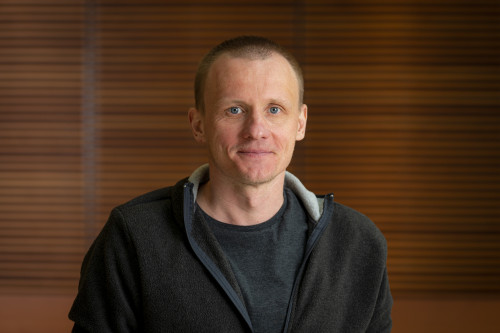
Alex Levchenko
Alex Levchenko, professor of physics, studies fundamental aspects of condensed matter physics with a focus on electronic phases of matter and quantum transport. Specific areas of expertise include superconductivity, topological order, and nanoscale systems such as graphene and other van der Waals materials. Levchenko is fellow of the American Physical Society and the Alexander von Humboldt Foundation, and recipient of an early career grants from the National Science Foundation and the Binational Science Foundation. His teaching covers all levels of undergraduate and graduate education, and he serves on multiple professional review panels internationally.
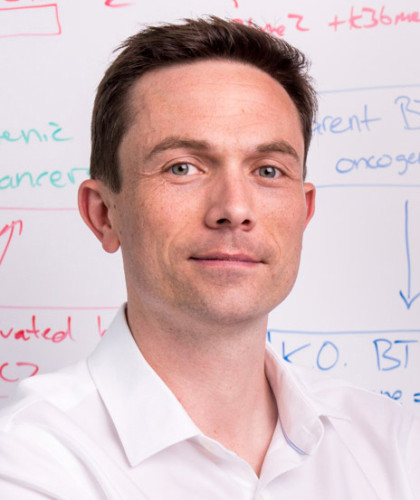
Peter Lewis
Peter Lewis, associate professor of biomolecular chemistry, investigates the intricate biochemical mechanisms responsible for establishment and maintenance of epigenetic information, which is important for cellular identity, and the prevention of developmental defects and tumor growth.
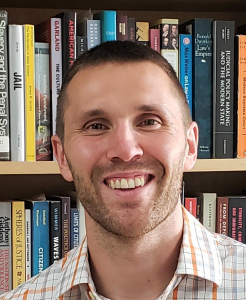
Mike Light
Michael T. Light, professor of sociology and Chicano/Latino studies, studies the sociolegal consequences of international migration, immigration and crime, and racial inequality in crime and punishment. Light, a Vilas Associate of the College of Letters & Science, is an award-winning instructor who teaches classes on immigration enforcement, racial inequality, and criminal justice.
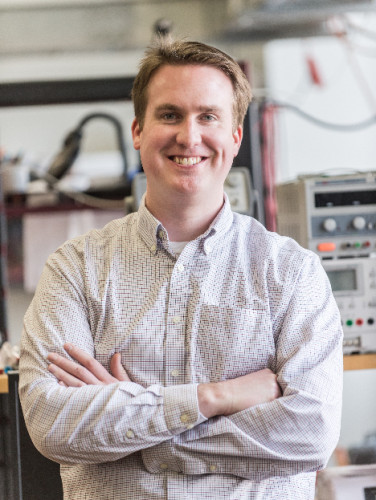
Daniel Ludois
Daniel Ludois, Jean van Bladel Associate Professor of Electrical and Computer Engineering, studies multi-facetted power electronics, fluid mechanics and electrodynamics approach to develop capacitive (rather than inductive) electrical and electromechanical power conversion devices. Applications include wind turbines, electric and hybrid electric vehicles, aerospace, energy storage and infrastructure. His research group uses extensive analytical and computer-based analysis to design and construct laboratory prototypes for model validation.
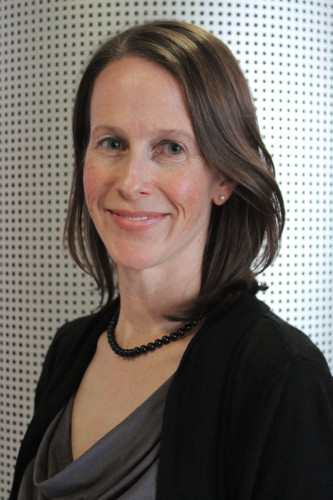
Christy Remucal
Christy Remucal, associate professor of civil and environmental engineering, and environmental chemistry and technology, is an aquatic chemist who focuses on processes that impact the fate of organic chemicals, including pesticides and PFAS, in natural and engineered systems. She directs the Water and Science Engineering Laboratory and teaches across all levels within the Department of Civil and Environmental Engineering.
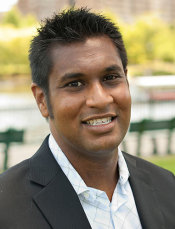
Krishanu Saha
Krishanu Saha, associate professor of biomedical engineering and affiliate with the Wisconsin Institute for Discovery and Stem Cell and Regenerative Medicine Center, studies using human stem cells together with emerging engineering methods in material science and synthetic biology to make smarter therapeutics, model human disease, and advance personalized medicine.
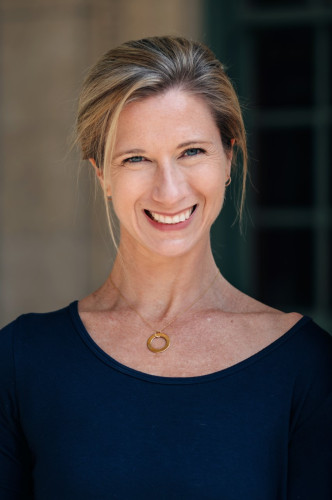
Erica A Simmons
Erica S. Simmons, associate professor of political science and international studies, also holds the Political Science Department Board of Visitors Professorship. Simmons’s work is motivated by an interest in social mobilization, natural resource politics and qualitative methods. Her books and articles have been recognized by numerous awards in both political science and sociology. She has also received the UW–Madison’s William Kiekofer Distinguished Teaching Award. She currently serves as faculty director of the International Studies Major and chair of the Distinguished Teaching Awards committee at the UW–Madison.
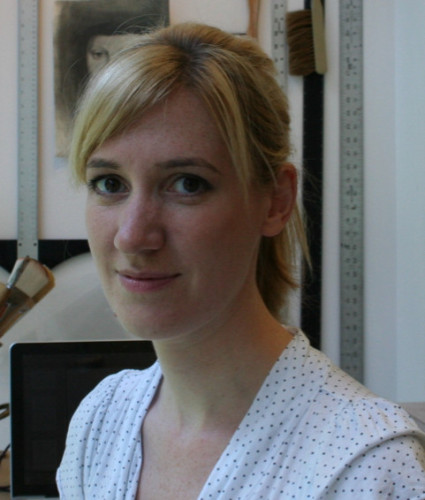
Claire Taylor
Claire Taylor, is John W. & Jeanne M. Rowe Chair of Ancient Greek History and associate professor in the Department of History. Her research focuses on the social, economic, and political lives of non-elite people in the ancient Greek world; she is the author of Poverty, Wealth, and Well-Being: Experiencing Penia in Democratic Athens.
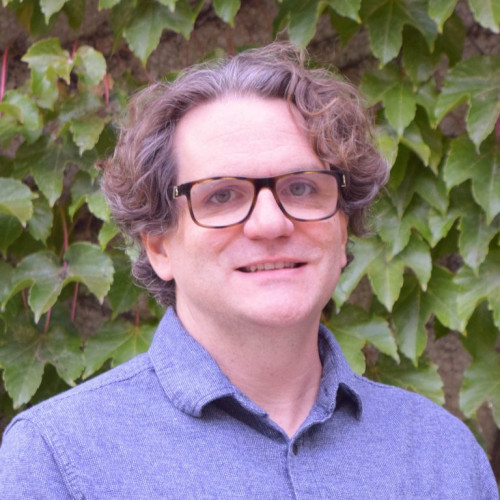
Matt Wiswall
Matt Wiswall is a professor of economics and David Edwin and Lucille Hartmann Davies chair. He is also an affiliate of the Institute for Research on Poverty, Center for Demography and Ecology, and Center for Financial Security. He is a faculty research associate of the National Bureau of Economic Research. Wiswall, an applied microeconomist, conducts research on child development, education and applied econometric methodologies.
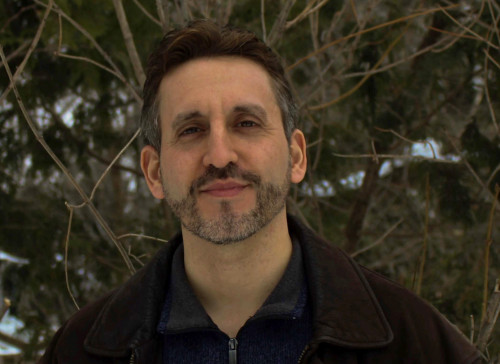
Ben Zuckerberg
Ben Zuckerberg is a professor of forest and wildlife ecology. His lab focuses on how modern climate change affects wildlife. He partners with state and federal natural resource agencies to assess the vulnerability of different species and populations to a rapidly changing climate and develop strategies for adaptation.
Kellett Mid-career Awards
Twelve faculty have been honored with Kellett Mid-Career Awards to support those promoted to tenured positions seven to 20 years ago and who have made key research contributions in their fields. The award, named for the late William R. Kellett, a former president of the WARF board of trustees and president of Kimberly-Clark Corporation, provides support and encouragement to faculty at a critical stage of their careers and comes with $75,000 to be spent over five years.
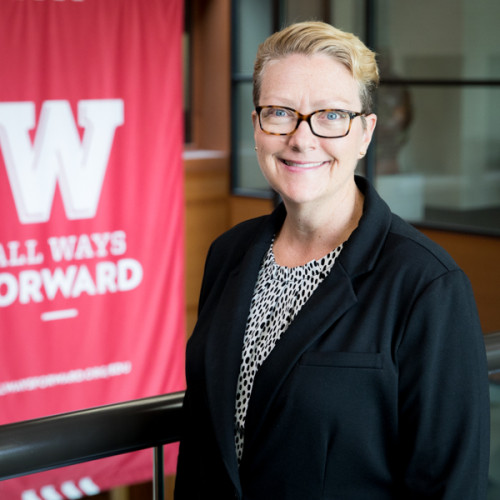
Lesley Bartlett Sarah Maughan
Lesley Bartlett is professor and chair of the Department of Educational Policy Studies. An anthropologist by training who works in the field of International and Comparative Education, Bartlett does research in multilingual literacy studies, migration and educator professional development; she has also written extensively about ethnographic and comparative case study research methods. She is the author or co-author of nine books, including Humanizing Education for Immigrant and Refugee Youth (2022) and Rethinking Case Study Research. From 2019-2021, Bartlett served as faculty director of the Institute for Regional and International Studies at University of Wisconsin–Madison; from 2020-2022, she co-edited Anthropology and Education Quarterly.
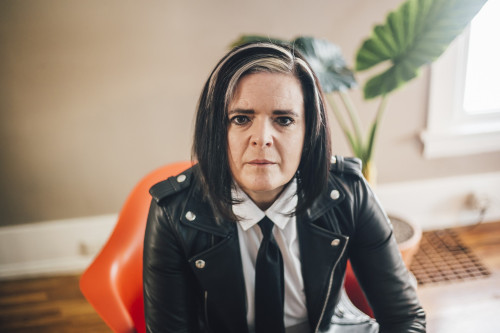
Jill Casid Erika Townsley
Jill Casid is professor of visual studies in Gender and Women’s Studies and Art History. An artist, theorist and historian, Casid’s is the first queer, feminist research program to receive this award. Casid is completing a film trilogy, a book on photography, and a two-book project on ways of living our dying on a dying planet that contest disposability.
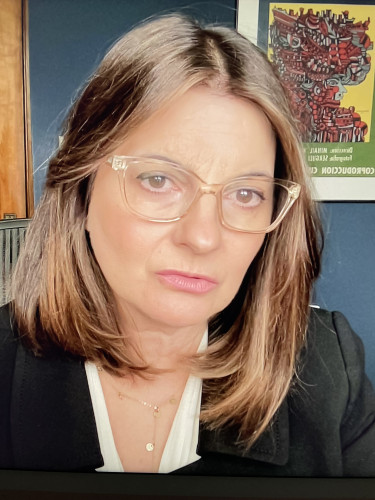
Guillermina De Ferrari
Guillermina De Ferrari is the Halls-Bascom Professor of Spanish and Art History and studies the literatures and visual cultures of the Caribbean and Latin America. A comparatist by training, she is interested in cultural production across languages and disciplines. Her current work focuses on how extreme circumstances shape contemporary art practices and ethical agency in Cuba, Haiti and Puerto Rico.
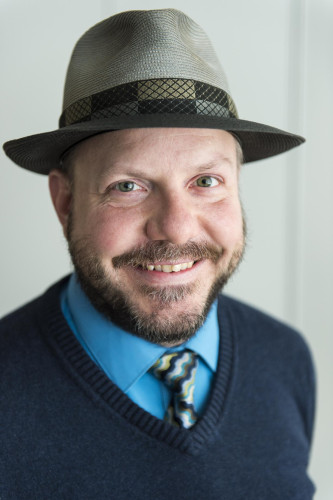
John Hawks
John Hawks, Vilas-Borghesi Distinguished Achievement Professor of Anthropology, is a paleoanthropologist who works in South African caves to find fossil remains of ancient human relatives. He is an award-winning teacher and a leader in public communication of science who has appeared in more than twenty documentaries.
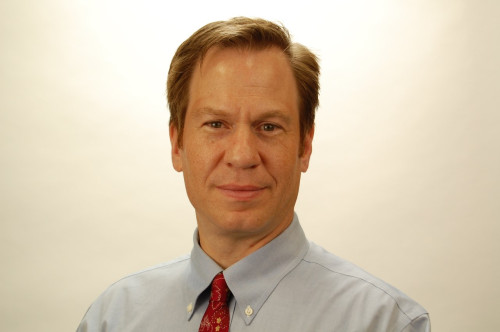
Dane Morgan
Dane Morgan, the Harvey D. Spangler Professor of Engineering, uses atomic scale modeling, materials physics and data science to understand and design new materials. His work has contributed to materials development in a range of technologies, including batteries, fuel cells, nuclear reactors and high-power vacuum electronics. He leads the Informatics Skunkworks, a group dedicated to engaging undergraduates in science and engineering informatics research.

Mitchell Nathan
Mitchell Nathan is Vilas Distinguished Achievement Professor of Learning Sciences in the Educational Psychology Department, and a Fellow of the International Society of the Learning Sciences. Nathan investigates the embodied nature of how people think, teach, learn and how to assess and model nonverbal forms of knowledge in mathematics and engineering.
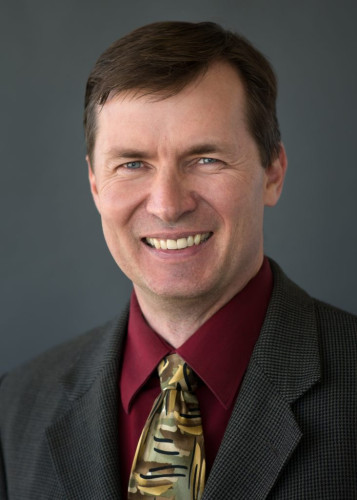
Sean Palecek
Sean Palecek, the Milton J. and Maude Shoemaker Professor in the Department of Chemical & Biological Engineering and the Director for Research for the National Science Foundation Center for Cell Manufacturing Technologies. Palecek’s research lab studies how human pluripotent stem cells (hPSCs) sense and respond to microenvironmental cues in making fate choices. Paleck’s lab has generated novel mechanistic insight and developed protocols for differentiation of hPSCs to cardiovascular and neurovascular cell types. They strive to engineer fully defined, animal component-free differentiation platforms, compatible with biomanufacturing of cells for commercial and clinical applications.
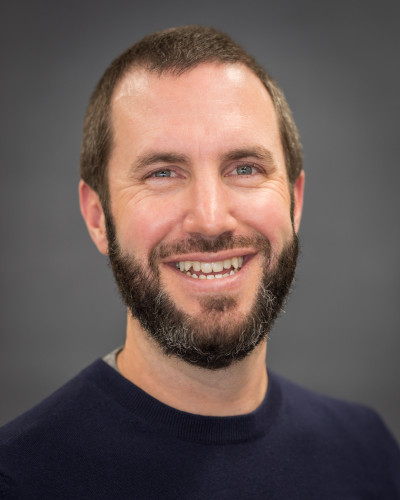
Michael Titelbaum
Michael Titelbaum, professor of philosophy, works in formal epistemology. He uses probability mathematics to build models of how one should reason based on evidence. He is currently researching how we learn logic and mathematics, and how people can draw different reasonable conclusions from the same information.
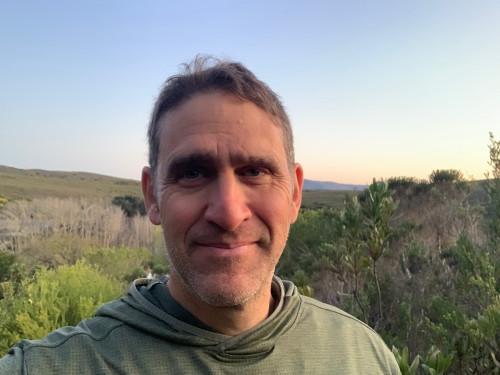
Philip Townsend
Philip Townsend, professor of forest and wildlife ecology, studies relationships among foliar traits, biodiversity and ecosystem function at plant to landscape to global scales. He uses emerging technologies in imaging spectroscopy, with an emphasis on promoting open data and code as well as cloud-based processing.
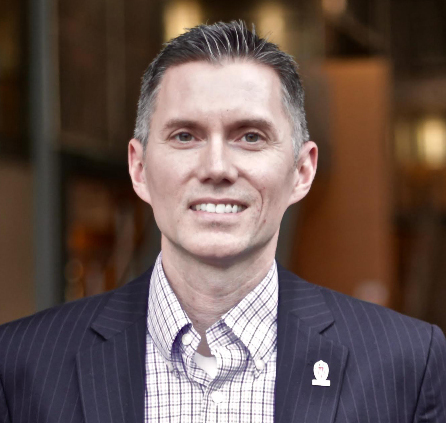
Justin Williams
Justin Williams is the Harvey D. Spangler Professor in the Department of Biomedical Engineering and the Vilas Distinguished Achievement Professor in the Department of Neurological Surgery. His research centers around the development of novel engineering approaches for interfacing with the nervous system for recording and stimulating neural tissues to treat a wide variety of diseases. His research spans an array of approaches, from neurons in culture to clinical trials in human subjects. He is also the co-director of the Wisconsin Institute for Clinical Neuroengineering, which has pioneered a parallel translation approach for accelerating the adoption of new technologies into clinical practice.
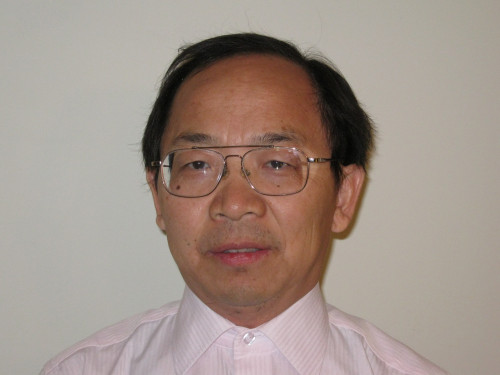
Tonghai Yang
Tonghai Yang, professor of mathematics, specializes in number theory, arithmetic geometry, representation theory and their interaction. He is known for his work on Kudla program. He has held a Centennial Fellowship of American Mathematical Society and is a fellow of American Mathematical Society. In addition to his service to the department, the university, and the math community, he has established and run the Hometown Education Foundation since 2004 to help poor students in rural China to continue their basic education, which supports more than 1,000 poor students a year.
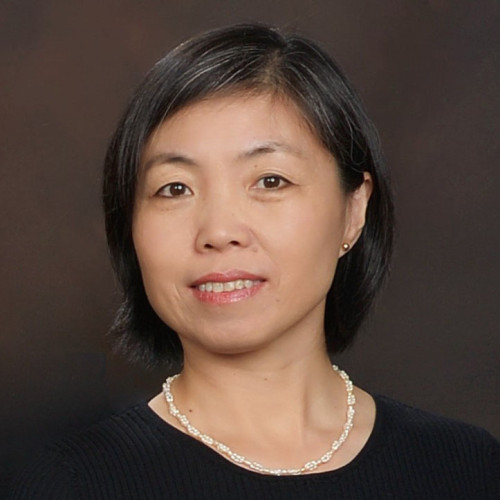
Xinyu Zhao
Xinyu Zhao, professor of neuroscience, is affiliated with the Waisman Center and studies transcriptional and post-transcriptional mechanisms regulating neural stem cells and brain development. Zhao’s research group uses mouse genetics, primary neural stem cells and human patient-derived pluripotent stem cells as model systems in its research. The group employs a combination of genetic, genomic, proteomic, imaging and behavioral methods to interrogate the roles of genes, epigenetic regulators, RNAs in neuronal development and their implications in human neurodevelopmental disorders, including Rett Syndrome, Autism and Fragile X syndrome.
Tags: faculty awards
